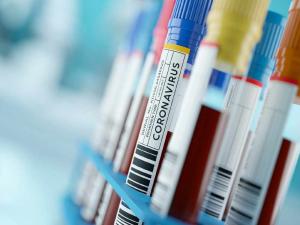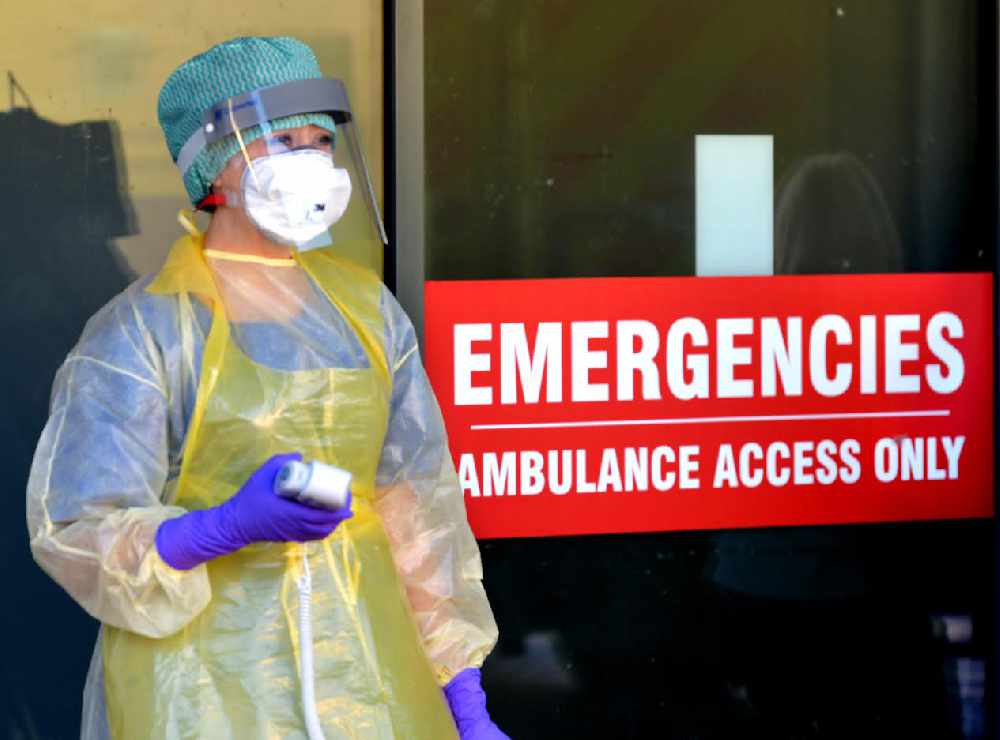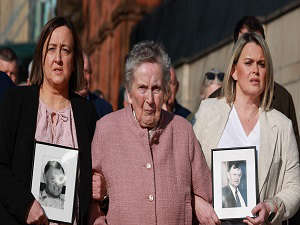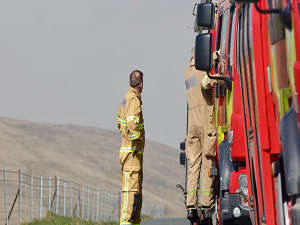
Q Radio News/PA
A senior scientific adviser to the Irish government has expressed concern after daily Covid-19 case numbers in Ireland exceeded 2,000 for the first time since January.
Professor Philip Nolan, a leading academic involved in modelling the course of the disease, said rising hospital admission rates were also “not sustainable”.
Professor Nolan, who chairs the National Public Health Emergency Team’s Epidemiological Modelling Advisory Group, said case numbers were on the rise in all age groups and in all parts of the country.
A total of 2,074 new cases of Covid-19 were reported in Ireland on Saturday.
There were 229 Covid-19 patients in hospital, 43 of whom were being treated in intensive care.

“We have breached 2000 cases per day, 2074 cases today, the first time we have had more than 2000 cases since 21 January,” tweeted Professor Nolan.
“We have had more than 2000 cases on only 21 of the 532 days since we reported the first case here.”
He said the situation was “very different” from January as the vaccine was preventing an “enormous number of transmissions, and is reducing the severity of disease in the minority who become infected despite vaccination”.
He added: “Nonetheless, the rising incidence is a real concern.
“Incidence is rising across all age groups, and in all parts of the country.
“We are starting to see incidence rise, albeit from very low levels, in those aged 65 and older.
“The numbers in hospital and ICU are increasing.
“The real concern is that there is an underlying established pattern of exponential growth, with cases growing at about 3.7% per day since 19 June, and numbers in hospital growing at a similar rate, 4% per day, since early July.
“On 3 July we had 42 people in hospital, 14 in ICU, and were on average admitting 7 people to hospital and 1 to ICU each day; today there are 229 people in hospital, 43 in ICU, and on average 32 admissions per day to hospital and 4 to ICU.
“This is not sustainable.”
Professor Nolan said vaccines worked but stressed that people needed to continue to be cautious with the virus.
“We’re tired, and we wish it was all over, but it’s not. Look after each other,” he wrote.


 O’Neill writes to PM urging public inquiry into Sean Brown murder
O’Neill writes to PM urging public inquiry into Sean Brown murder
 Campaign to increase cancer awareness through pharmacies rolled out
Campaign to increase cancer awareness through pharmacies rolled out
 Concern over PSNI vehicles fleet, with 20% off road at worst point in 2023
Concern over PSNI vehicles fleet, with 20% off road at worst point in 2023
 Man released by police after Newry stabbing incident
Man released by police after Newry stabbing incident
 Firefighters tackle almost 150 wildfires across three days in Northern Ireland
Firefighters tackle almost 150 wildfires across three days in Northern Ireland